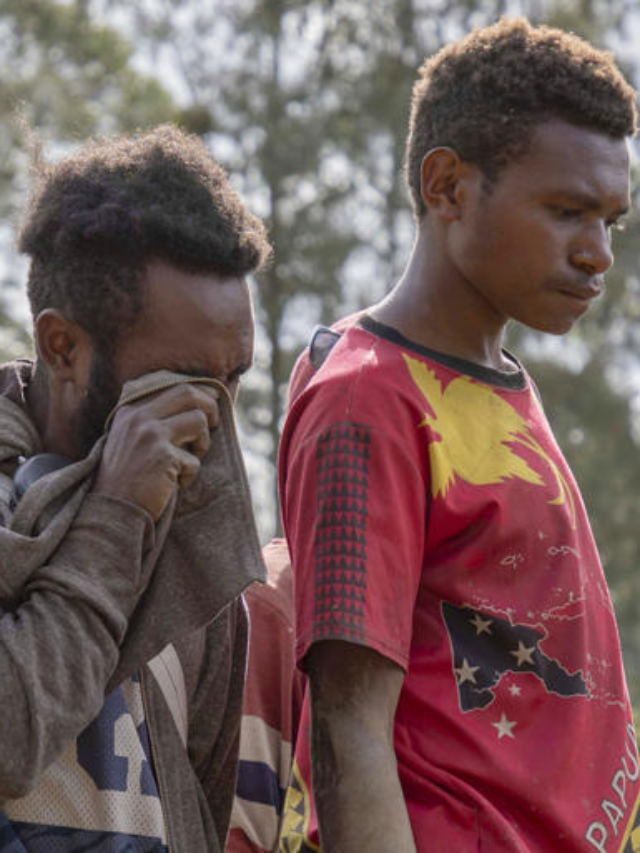
In the aftermath of a devastating landslide in Papua New Guinea’s Chimbu province, fears are escalating over the potential for a second landslide and a looming outbreak of disease. The initial disaster, triggered by heavy rains, buried homes and left at least 20 people dead, with many more missing. Rescue efforts have been hampered by challenging terrain and adverse weather conditions.
Authorities are now warning of the heightened risk of a second landslide, fueled by ongoing rainfall and the destabilized landscape. This threat compounds the already dire situation for residents, who are grappling with displacement and loss.
Additionally, concerns mount over the potential for disease outbreaks amidst the chaos and lack of access to clean water and sanitation facilities. With displaced families crowded into makeshift shelters, the risk of infectious diseases spreading is a pressing concern for health officials.
Efforts to mitigate these risks are underway, with emergency response teams working tirelessly to provide aid and support to affected communities. However, the challenges remain immense, exacerbated by the remote location and logistical difficulties.
As the situation continues to unfold, there is a growing call for increased international assistance to bolster relief efforts and address the immediate needs of those affected by this tragedy. The coming days will be critical in determining the extent of the humanitarian crisis and the effectiveness of the response efforts.







